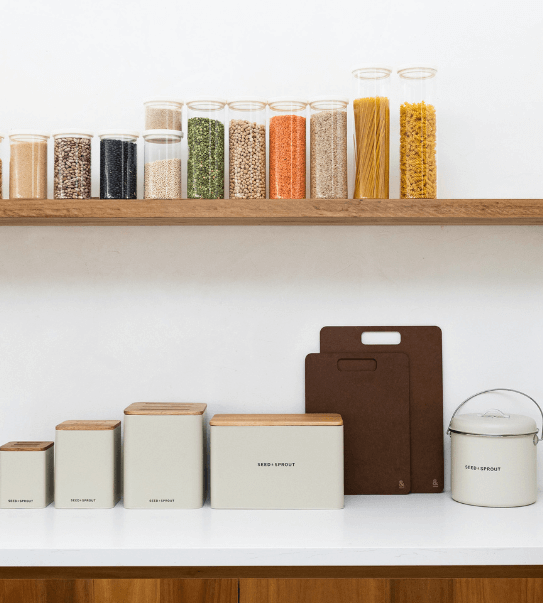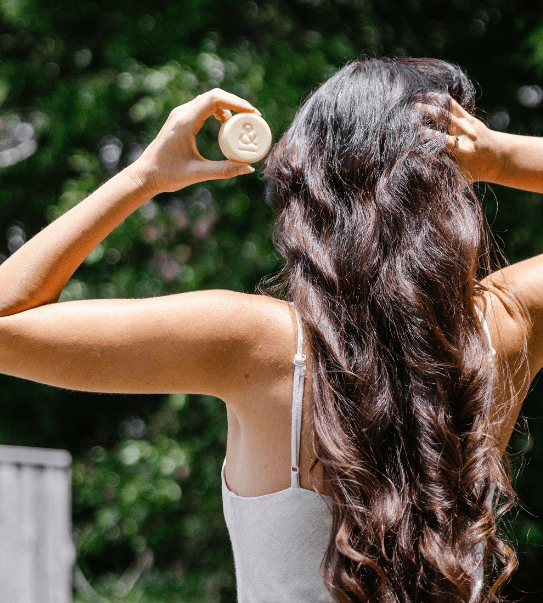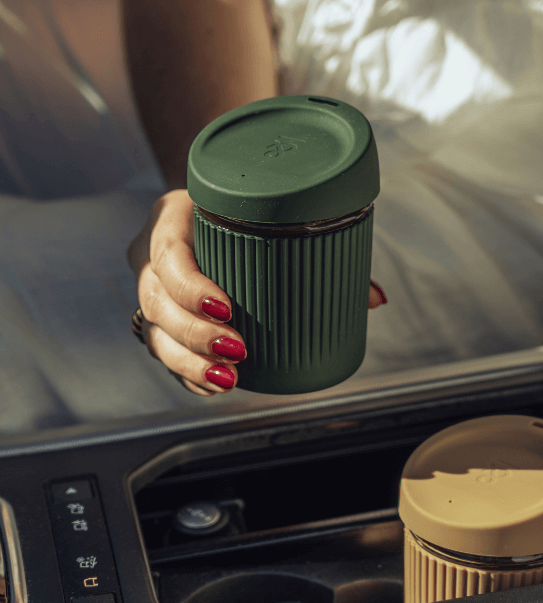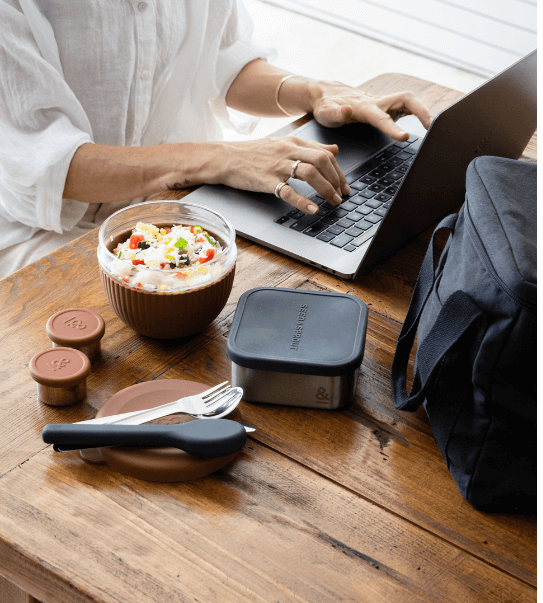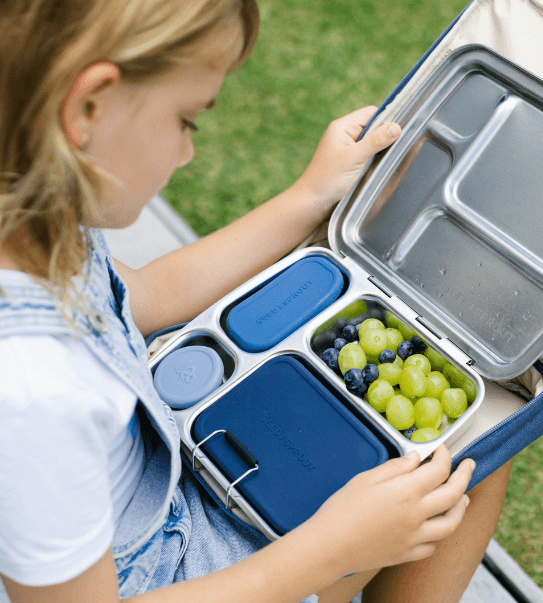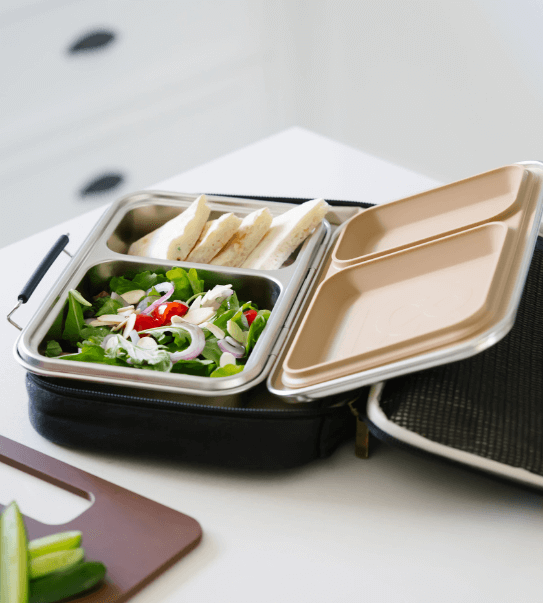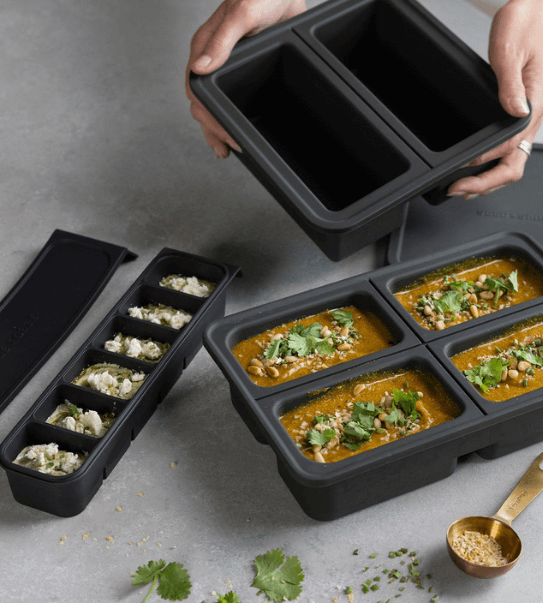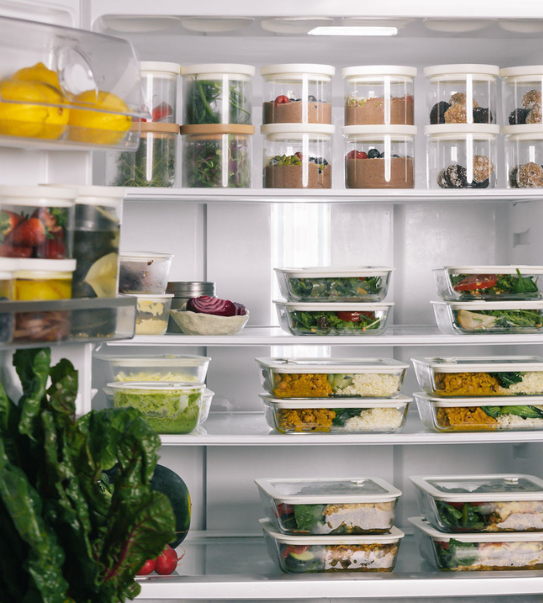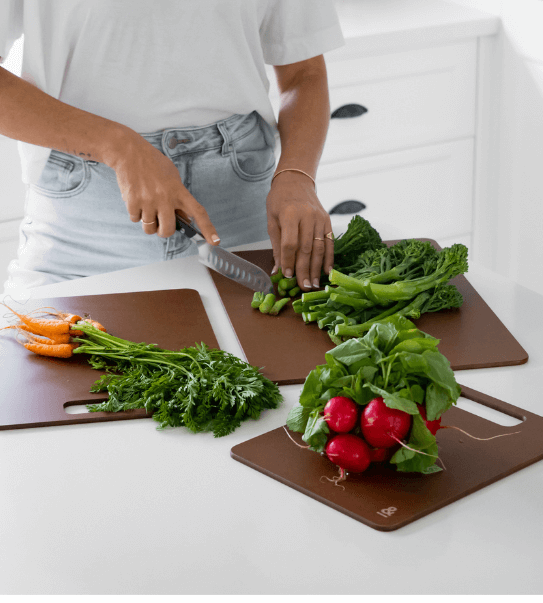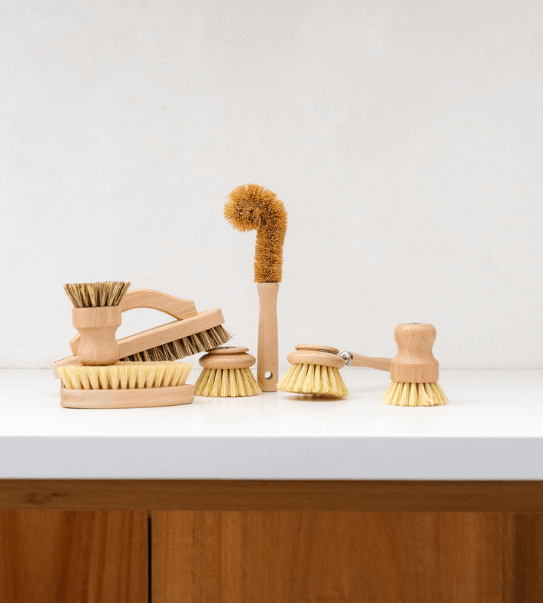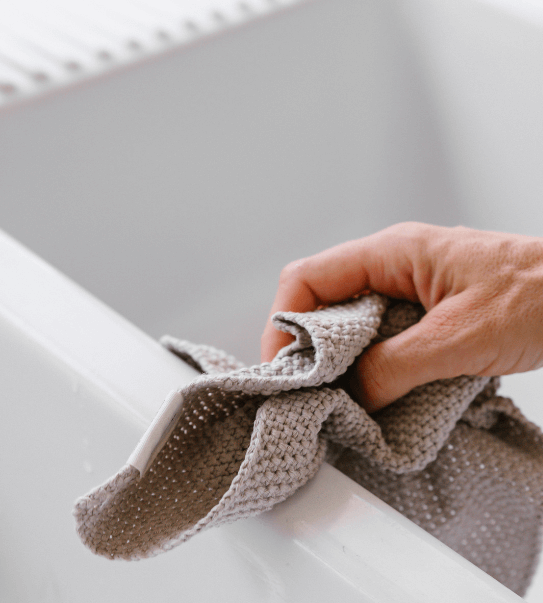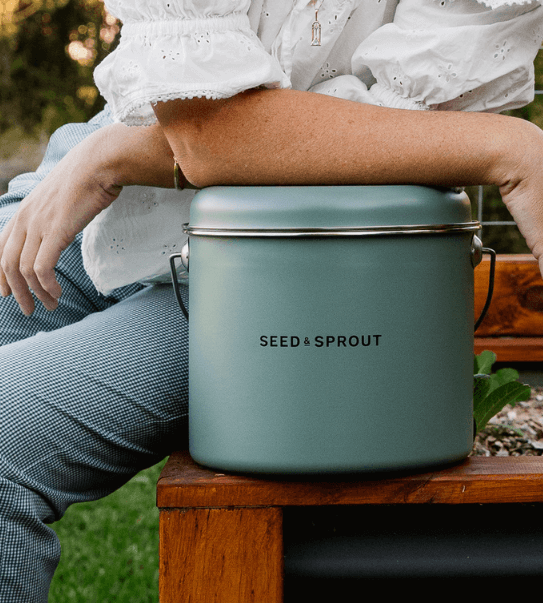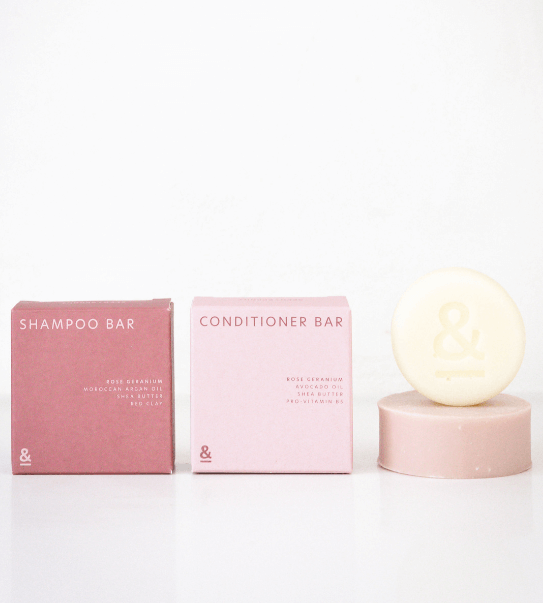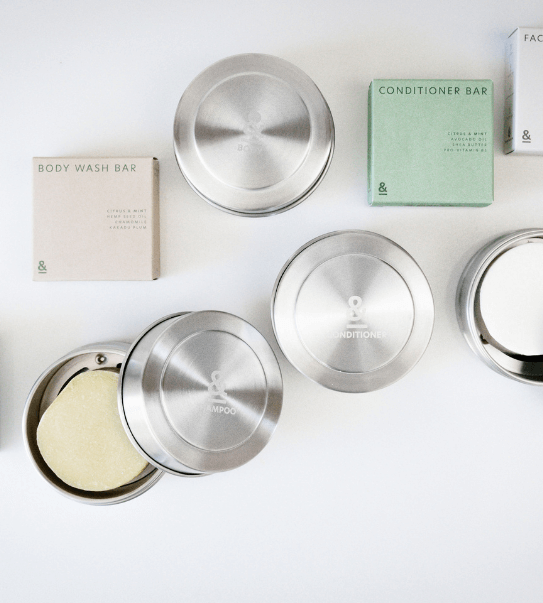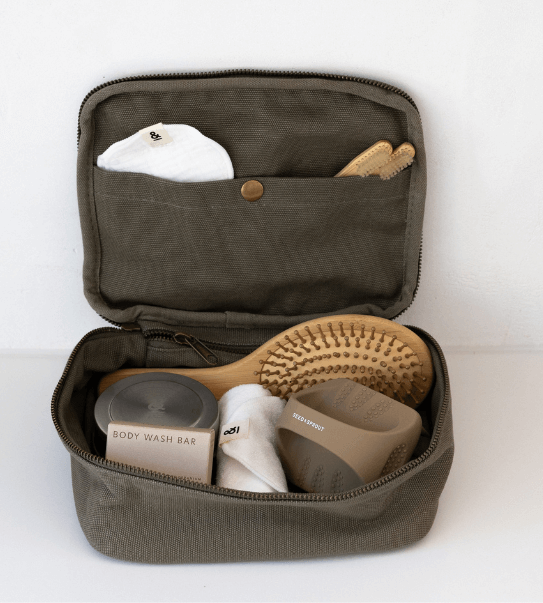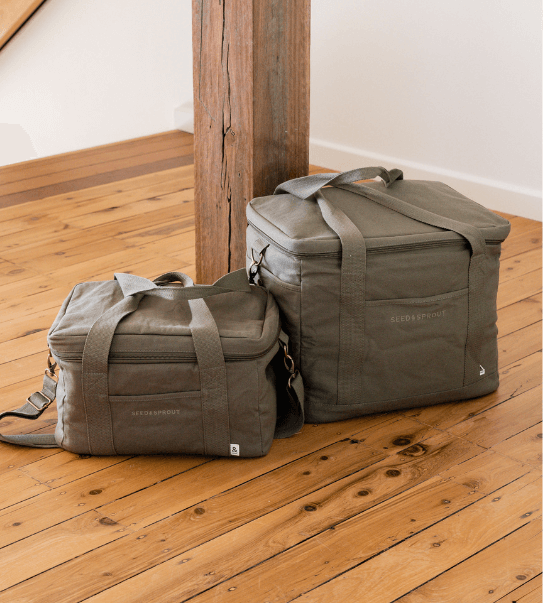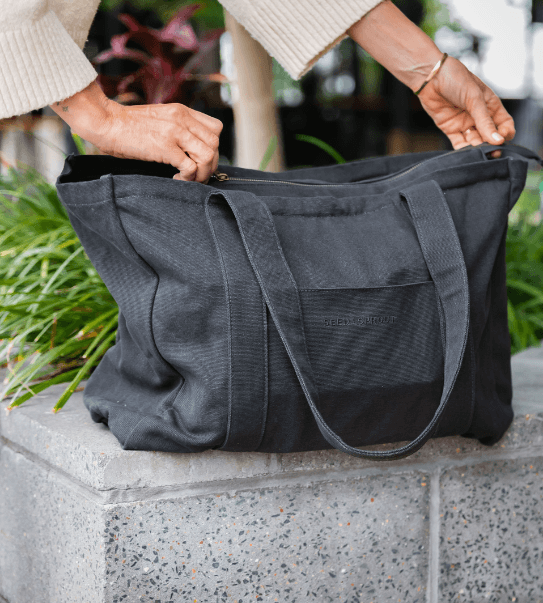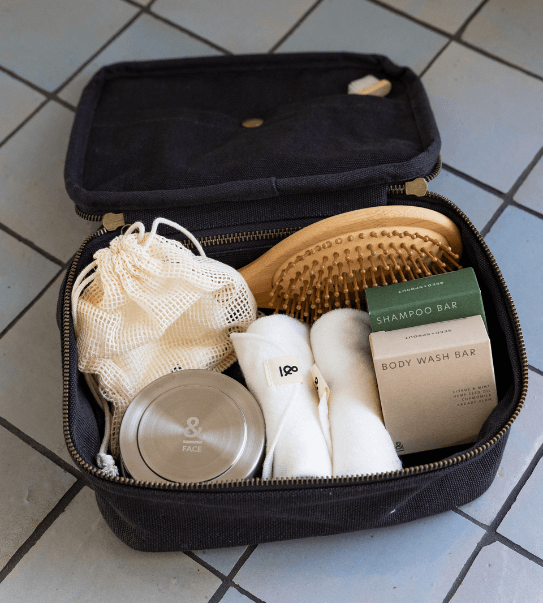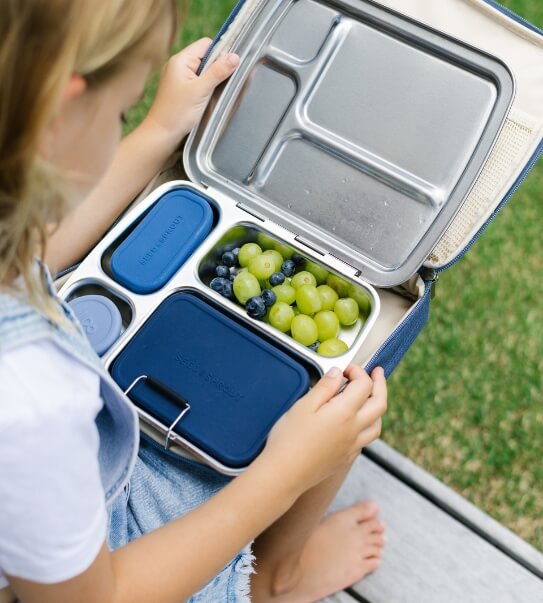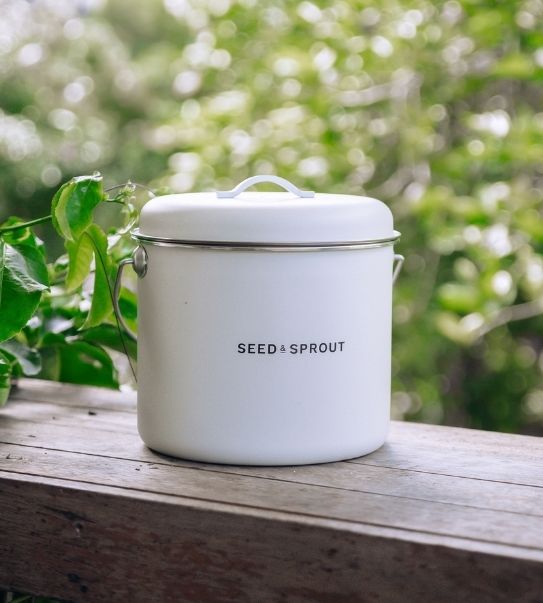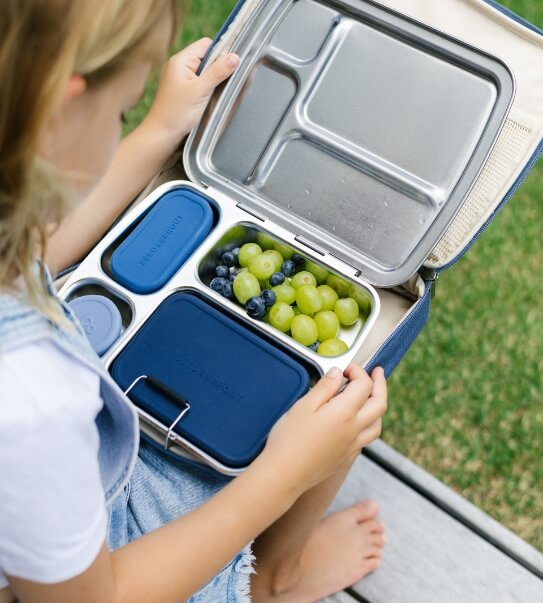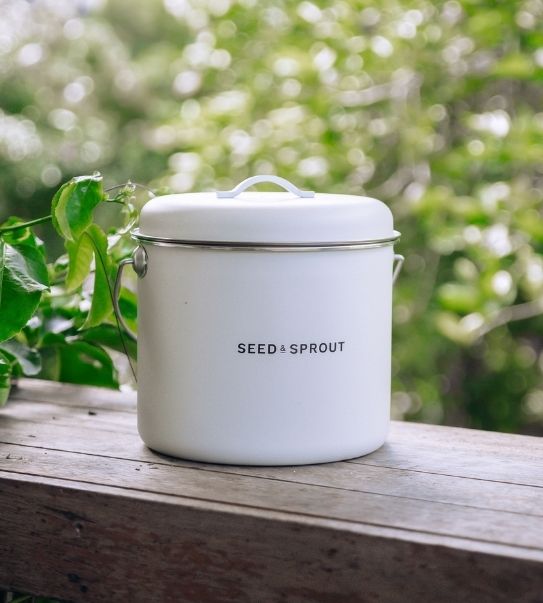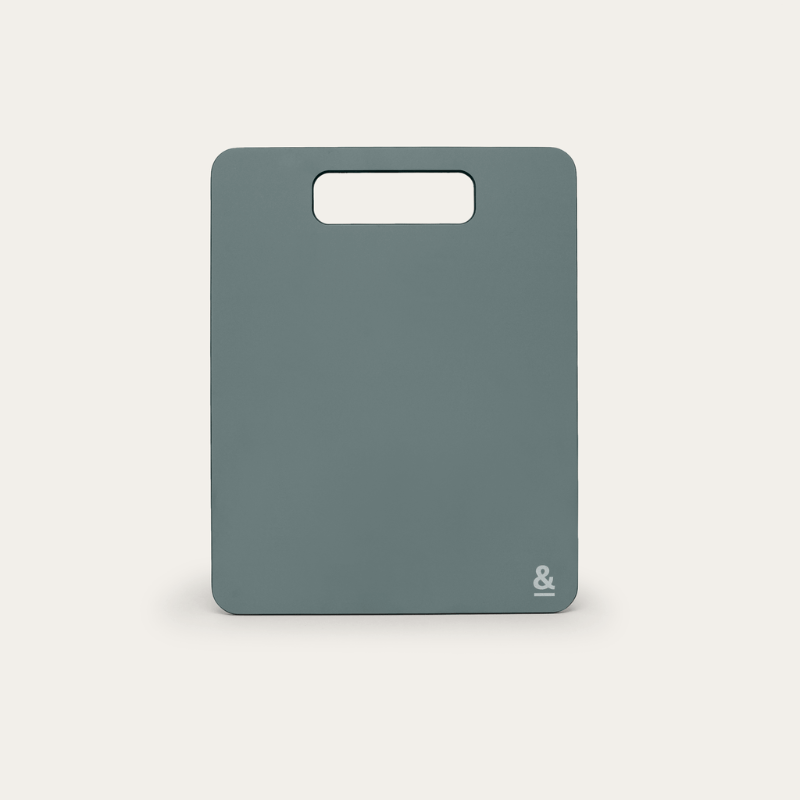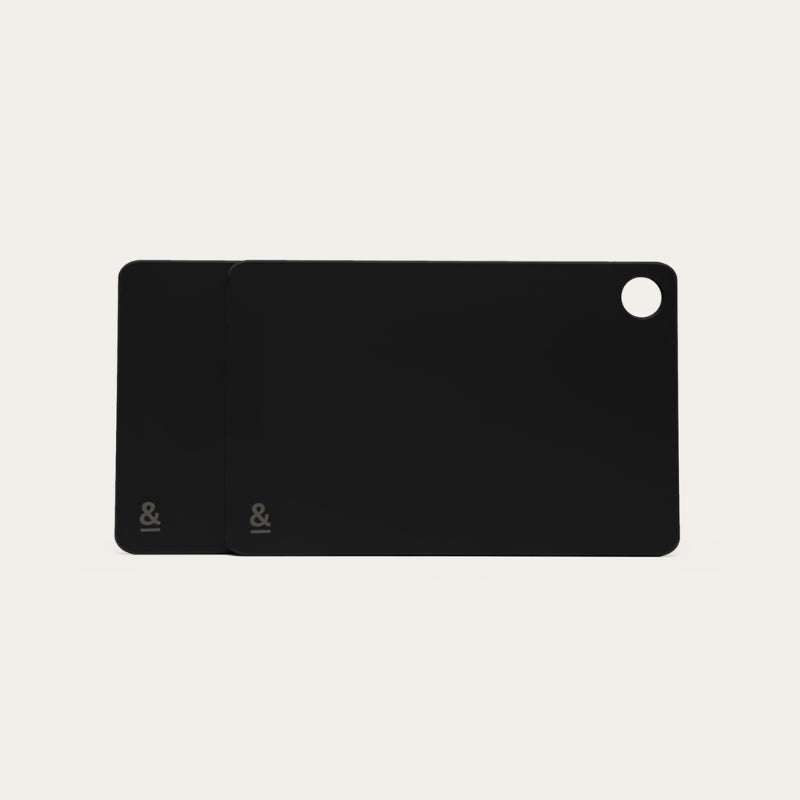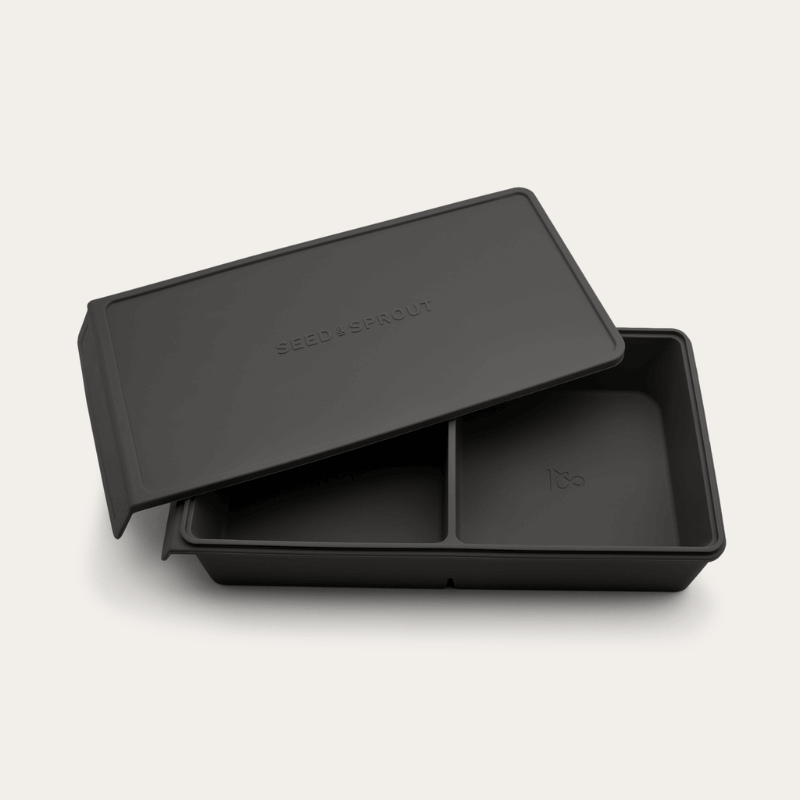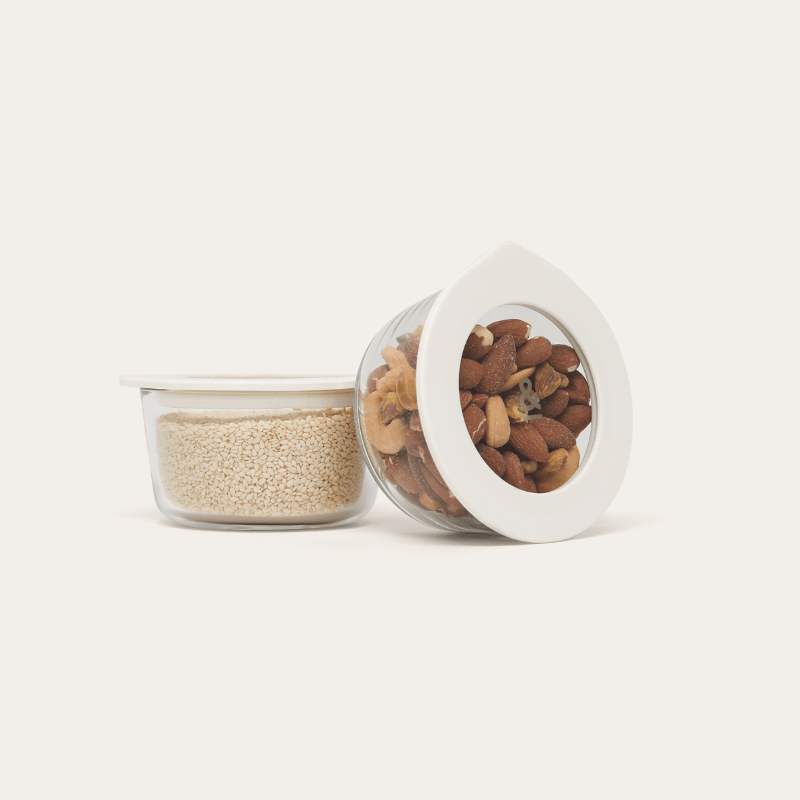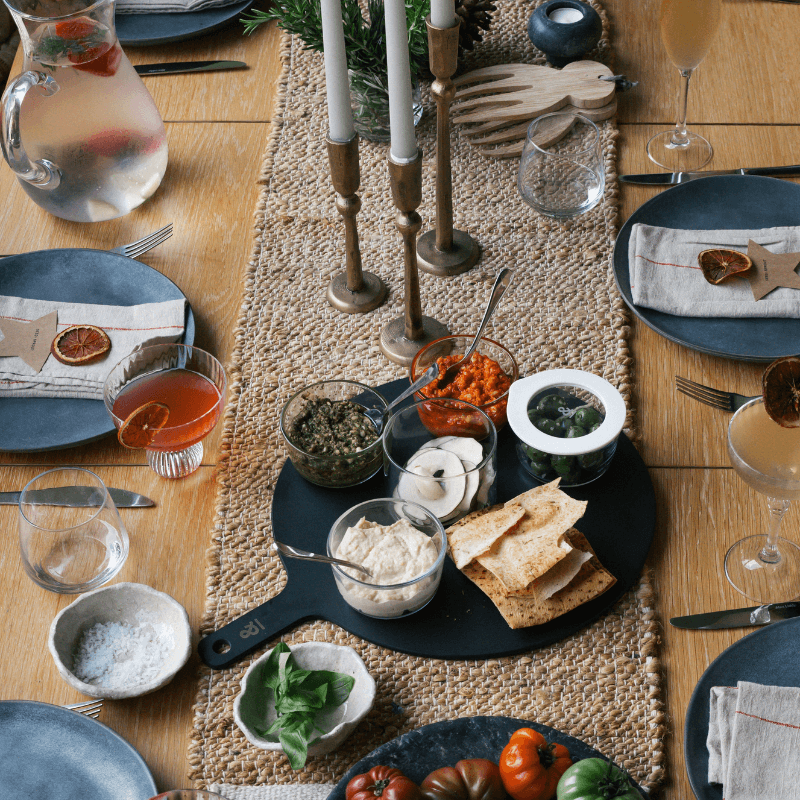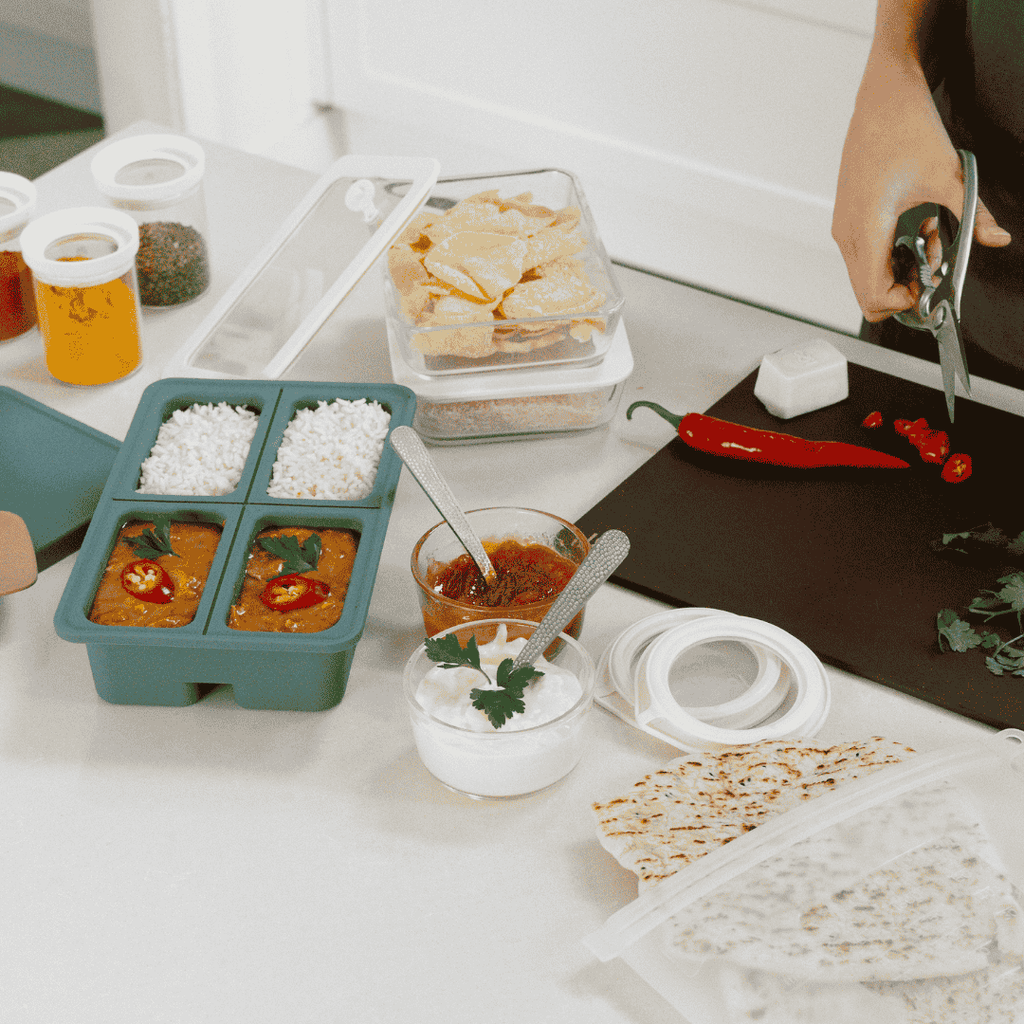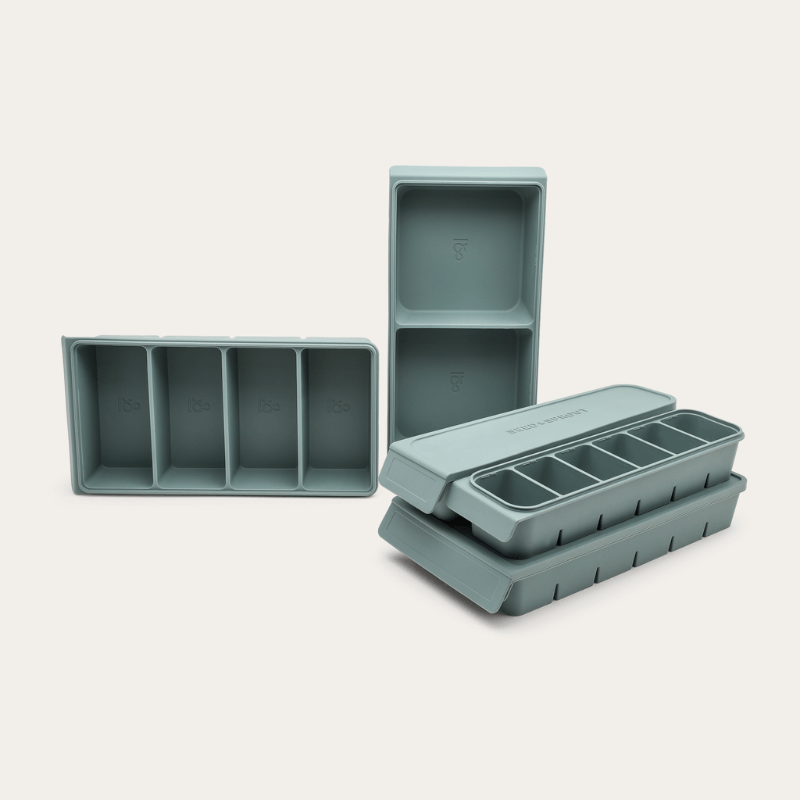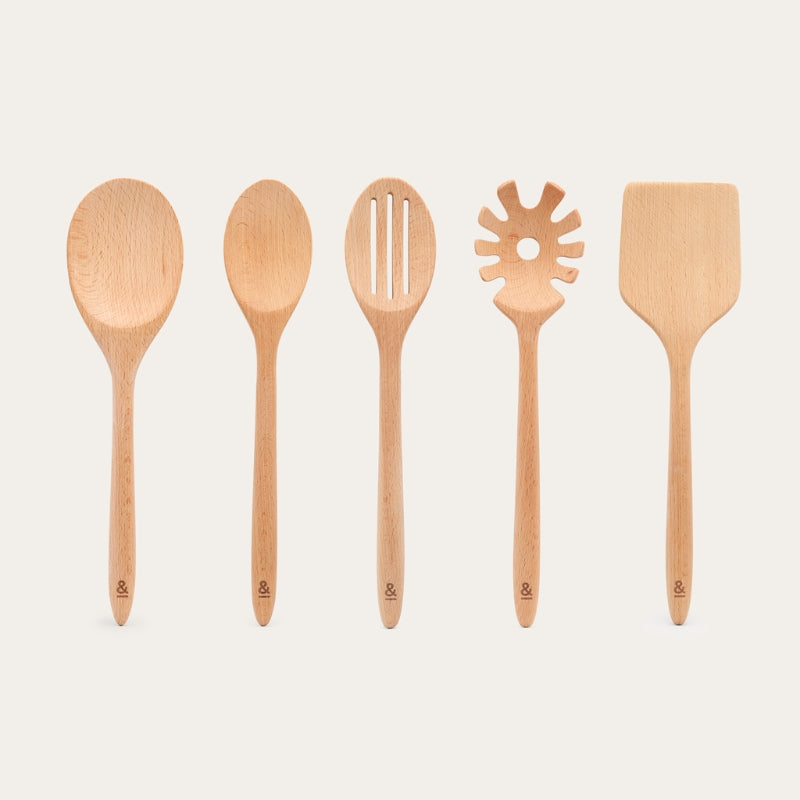Beechwood vs Plastic: Why Wooden Utensils Belong in Every Kitchen
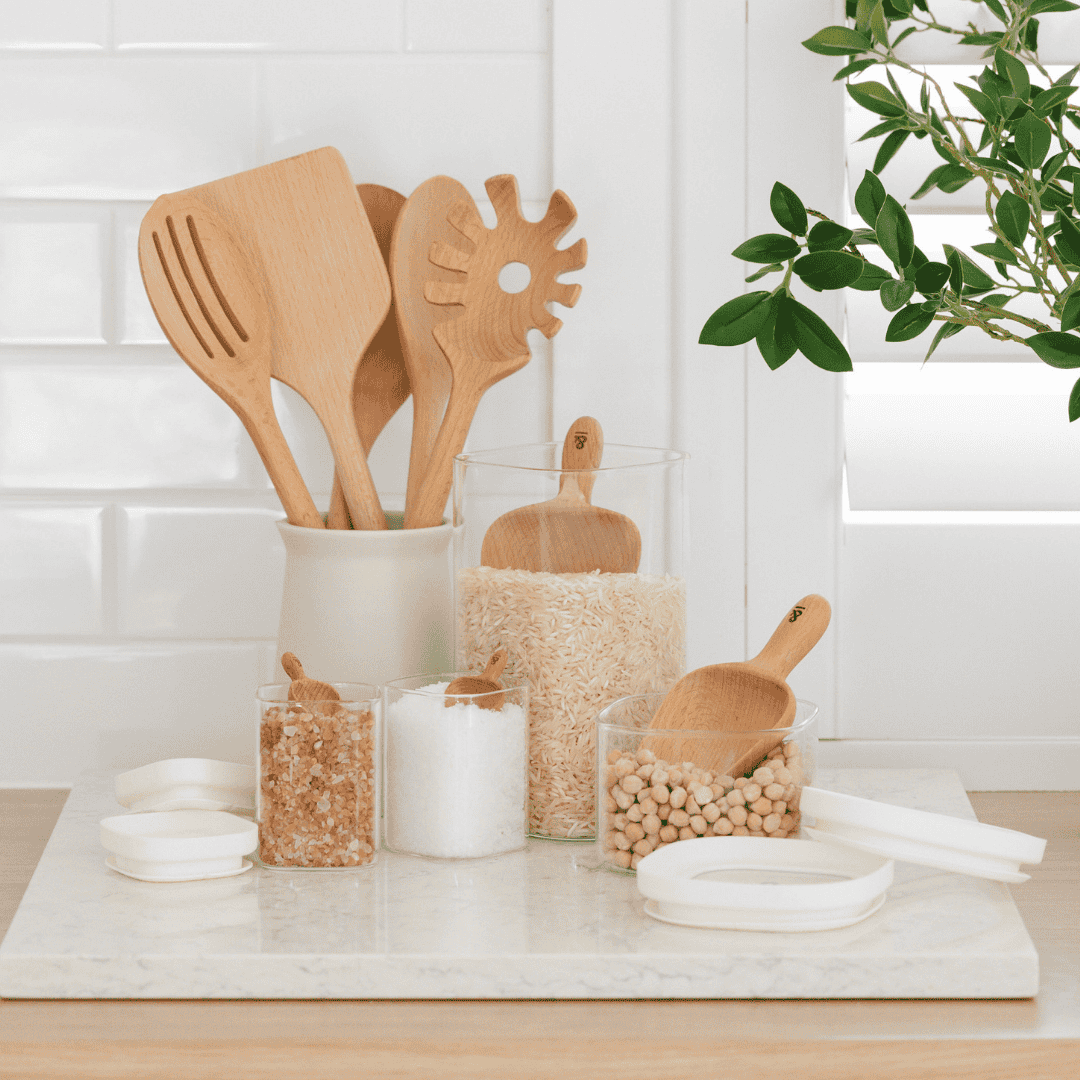
Here at Seed & Sprout, we're strong believers that the tools we use in the kitchen matter. From the pots and pans we cook in, to the utensils we stir, flip, and serve with, every choice impacts our health, the quality of our meals, and the planet.
For decades, plastic utensils have dominated kitchens because they’re cheap and convenient. But there are better alternatives. More people are swapping plastic for natural alternatives, and Wooden Beechwood Utensils are a popular alternative for sustainable, conscious cooks.
If you’ve been wondering whether wooden utensils are really better than plastic, if there's a difference between the types of wood materials, or how they stack up against silicone, here’s everything you need to know.
Why Beechwood For Cooking Utensils?
Beechwood is a premium type of wooden cooking utensil and for good reason. Here’s why it stands out:
1. Natural & Safe
Our Beechwood Cooking Utensils are made from FSC and LFGB certified beechwood and finished with natural beeswax. That means no plastics, no toxic coatings, and no nasties leaching into your food. Unlike plastic, beechwood doesn’t release harmful chemicals when exposed to heat. This range was tested against 48 different pesticides, all were a pass, so not detected - a win!
2. Durable & Long-Lasting
Beechwood is a strong, dense hardwood. With proper care, a wooden spoon can last for decades. Where plastic melts or warps, beechwood holds its shape and even becomes more seasoned with use. With cheaper wood materials, they can warp or mould very quickly.
3. Cookware-Friendly
Beechwood utensils are gentle on all cookware, especially non-stick. They won’t scratch delicate surfaces, unlike metal, and won’t melt like plastic. They glide easily when stirring or flipping, and feel smooth and comfortable in your hand.
4. Sustainable & Biodegradable
At the end of their life, beechwood utensils can return safely to the earth. They’re fully biodegradable, unlike plastic, which lingers in landfill for centuries. Choosing beechwood is a simple way to reduce waste and live more sustainably.
5. Beautifully Timeless
There’s something special about cooking with natural wood. The warm, earthy tones of beechwood bring character and charm to any kitchen, elevating even the simplest cooking tasks.
The Downsides of Plastic Cooking Utensils
Plastic utensils are cheap and everywhere - but they come at a hidden cost.
-
Chemical leaching: When heated, plastic can release toxins and microplastics into your food.
-
Poor durability: Plastic melts, warps, or cracks, especially when exposed to high heat.
-
Environmental damage: Plastic utensils can’t be recycled and will sit in landfill for hundreds of years.
-
Short lifespan: Because they wear out so quickly, they need to be replaced often, costing more in the long run.
In short, plastic might seem easy, but it’s anything but sustainable.
What About Silicone Cooking Utensils?
We understand that choosing between Silicone Utensils and Wooden Utensils is a personal preference, so our product team chose to offer a beechwood option into our Kitchen Utensils Range so that we can provide a high-quality solution for either preference. Silicone is often seen as a middle ground between plastic and wood. It’s heat-resistant, flexible, and safer than plastic. But it’s not perfect.
Pros:
- Withstands high heat without melting.
- Flexible and gentle on cookware.
- Often dishwasher safe.
Cons:
- Not biodegradable - silicone still ends up as waste. Read more about our Silicone Take Back Program HERE
- Can stain, absorb odours, and degrade over time.
- Not as timeless or natural as wood.
Silicone can be a good step up from plastic, especially for specific tasks (like spatulas for scraping bowls), but for everyday stirring, scooping, and serving, beechwood utensils are the most natural, planet-friendly choice.
Caring for Wooden Beechwood Cooking Utensils
Wooden utensils need a little love to last a lifetime. Here’s how to keep them in top condition:
-
Hand wash only: Avoid dishwashers, which can split and dry out wood.
-
Dry straight away: Don’t leave them sitting in water.
-
Oil regularly: Refresh with food-safe oil or beeswax to keep them nourished and crack-free.
-
Avoid soaking: Prolonged water exposure can weaken the wood.
With these simple steps, your beechwood utensils will only get better with age.
Why Choose Beechwood Cooking Utensils for Your Kitchen
Switching to Wooden Beechwood Cooking Utensils from plastic is a small swap with a big impact:
-
You reduce plastic waste.
-
You protect your health by avoiding harmful chemicals.
-
You invest in tools that last longer, saving money and resources.
-
You bring natural beauty into your kitchen.
It’s the kind of change that feels good every time you cook — a daily reminder that sustainability can be simple.
Explore Our Cooking Utensil Range
At Seed & Sprout, we believe every kitchen deserves tools that are functional, beautiful, and kind to the planet. That’s why our Beechwood Cooking Utensil Set and Beechwood Pantry Scoops are designed to replace plastic for good.
-
Made from FSC + LFGB certified beechwood.
-
Finished with natural beeswax.
-
Biodegradable at end of life.
-
Gentle on cookware, safe for all foods.
We also offer silicone utensils for flexibility and precision, so you can choose the best tool for every task.
Together, our utensil range gives you everything you need to cook consciously and reduce waste without compromise.
